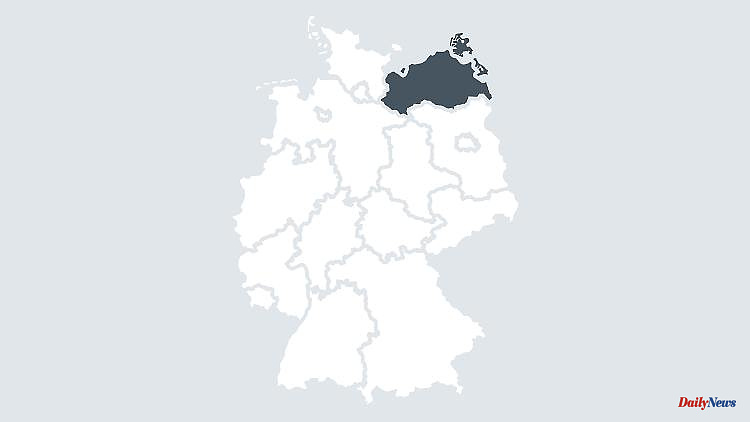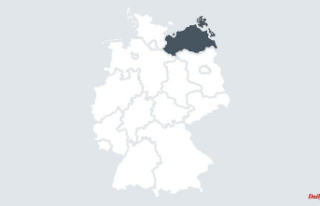The uncertain future of the oil refinery in Schwedt and the reduction in gas supplies from Russia are fueling concerns about serious bottlenecks in the energy supply. A demand paper from East German CDU politicians further fuels the discussion.
Schwerin (dpa/mv) - The demands of East German CDU politicians to continue using Russian oil for the refinery in Schwedt in Brandenburg due to the energy crisis and to use lignite longer for energy production has triggered a critical response in Mecklenburg-Western Pomerania. In an open letter that has now become known, there is hardly any mention of the energy transition, which is the right way to get away from fossil fuels in principle. "Especially here, the CDU has often enough proved to be a brake pad," said the SPD member of parliament Philipp da Cunha on Wednesday in Schwerin. He also accused the CDU of fickleness in dealing with energy supplies from Russia.
Anne Shepley of the Greens attested to the fact that the Union parties were "forgotten about history". The CDU and CSU are largely responsible for the fact that Germany has become heavily dependent on Russian energy sources over the past 16 years. "The fact that the Union is now loudly propagating measures that do not contribute to the solution is irresponsible in view of the situation," says Shepley's statement. She also accused the CDU of slowing down the energy transition by sticking to fossil raw materials and preventing Mecklenburg-Western Pomerania from exploiting its economic potential.
According to the AfD parliamentary group, the protest letter from the CDU politicians to Federal Minister of Economics Robert Habeck (Greens) is not credible. In April, the Union's MEPs all voted for an oil embargo. In addition, there is no commitment by the CDU to natural gas deliveries from Russia in the letter, explained AfD MP Martin Schmidt.
In their letter to Habeck, the economic policy spokesman for the five East German CDU parliamentary groups pointed out that East Germany was particularly affected by inflation and high energy prices. "What has been painstakingly built up and stabilized over the past 30 years after reunification will no longer be salvageable if the federal government sticks to its previous political line of ideologically shaped energy policy," the letter says. A multi-year recession in the east is to be feared.
The CDU politicians, including Wolfgang Waldmüller from Mecklenburg-Western Pomerania, predicted that without a short- and medium-term supply concept there would be no support for Habeck's policies. They called for the lifetimes of German nuclear power plants to be extended, for gas fracking to be permitted in Lower Saxony and for the use of domestic lignite to be approved until 2038 instead of just 2030.












